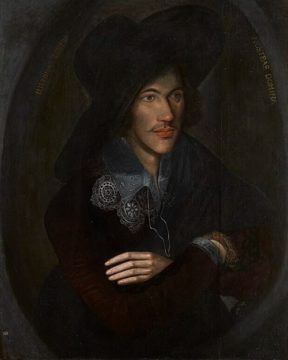Katherine Rundell in Delancey Place:
 Donne was not sent to school. He was missing very little; the schools of sixteenth- and seventeenth-century England were grim, ice cold metaphorically and literally. Eton’s dormitory was full of rats; at many of the public schools at the time, the boys burned the furniture to keep warm, threw each other around in their blankets, broke each other’s ribs and occasionally heads. The Merchant Taylors’ school had in its rules the stipulation, ‘unto their urine the scholars shall go to the places appointed them in the lane or street without the court’, which, assuming the interdiction was necessary for a reason, suggests the school would have smelled strongly of youthful pee. Because smoking was believed to keep the plague at bay, at Eton they were flogged for the crime of not smoking. Discipline could be murderous. It became necessary to enforce startling legal limits: ‘when a schoolmaster, in correcting his scholar, happens to occasion his death, if in such correction he is so barbarous as to exceed all bounds of moderation, he is at least guilty of manslaughter; and if he makes use of an instrument improper for correction, as an iron bar or sword … he is guilty of murder.’
Donne was not sent to school. He was missing very little; the schools of sixteenth- and seventeenth-century England were grim, ice cold metaphorically and literally. Eton’s dormitory was full of rats; at many of the public schools at the time, the boys burned the furniture to keep warm, threw each other around in their blankets, broke each other’s ribs and occasionally heads. The Merchant Taylors’ school had in its rules the stipulation, ‘unto their urine the scholars shall go to the places appointed them in the lane or street without the court’, which, assuming the interdiction was necessary for a reason, suggests the school would have smelled strongly of youthful pee. Because smoking was believed to keep the plague at bay, at Eton they were flogged for the crime of not smoking. Discipline could be murderous. It became necessary to enforce startling legal limits: ‘when a schoolmaster, in correcting his scholar, happens to occasion his death, if in such correction he is so barbarous as to exceed all bounds of moderation, he is at least guilty of manslaughter; and if he makes use of an instrument improper for correction, as an iron bar or sword … he is guilty of murder.’
Instead, Donne was educated at home.
More here.
